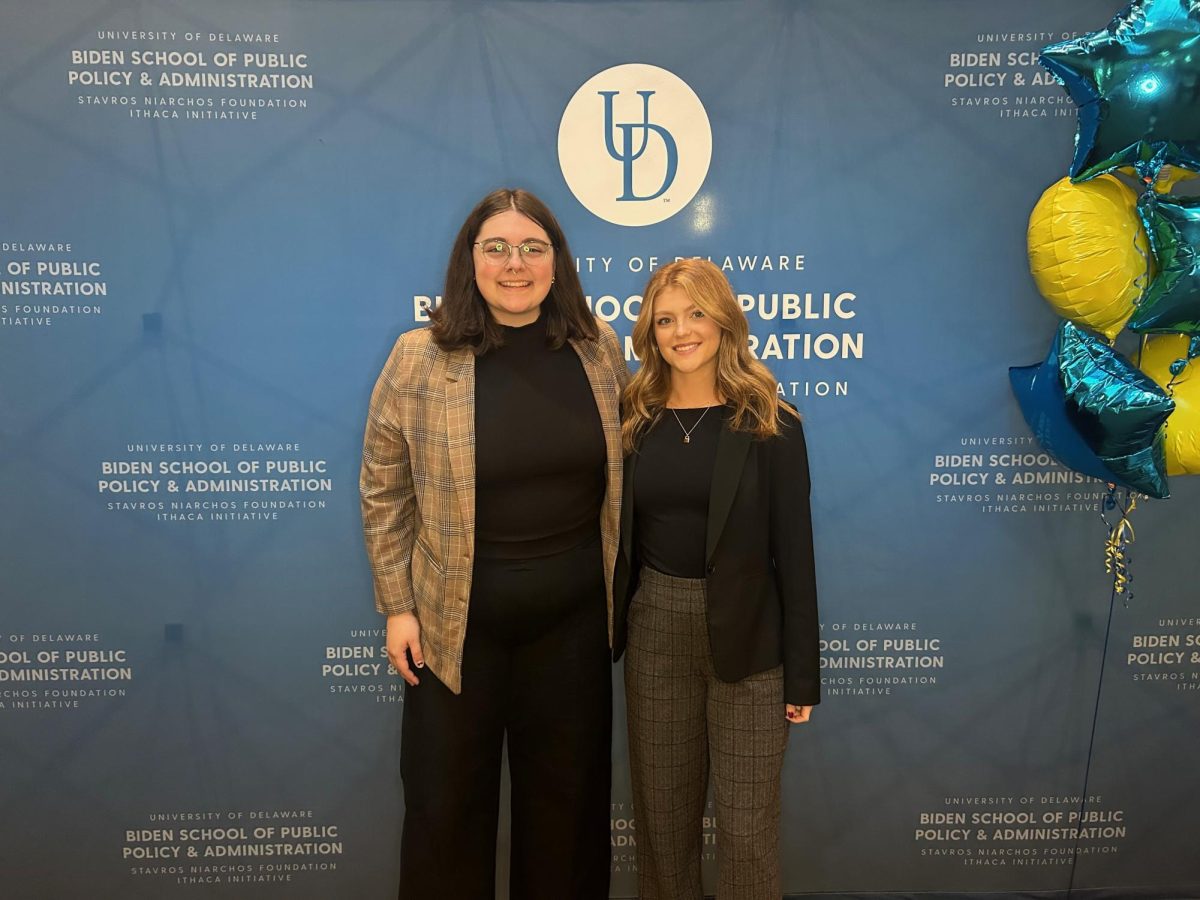As a small business owner, Kelly Wicks said one of his priorities, if he is elected to the Ohio House, is to fight for policies that benefit small business.
However, he believes it’s not just individual policies that will benefit small business, but a shift in priorities in the budget, Wicks, Democratic candidate, said.
When the government gives Sears $400 million to move across town, but says it can’t afford to pay teachers, firefighters and support higher education, it reflects misplaced priorities, Wicks said.
Ohio has the money to spend, Wicks said. Ohio has a balanced budget of $53 billion with $1 billion in the “rainy day” fund, he said.
“We just need legislators in Columbus who have the desire to stand up and fight for what they believe is right in this community and that is public education and that is infrastructure and that is support of county and local government,” Wicks said.
These are the priorities he says will benefit small business.
“As an employer for the last 23 years, some of my most solid employees come directly from high school and the public education system,” he said.
If funding in education is increased, some teachers won’t be laid off, allowing for smaller class sizes and giving students skills needed to enter the workforce, Wicks said.
Another priority that would benefit small business would be increased funding in infrastructure, Wicks said. There are virtually 100 roads and bridges in need of repair, making it difficult for local farmers to get to market, Wicks said.
Wood County is a huge agricultural community, so every time it takes a farmer an extra mile to get to market because of crumbling infrastructure, it adds extra costs for the farmer, he said.
Support of county and local governments allows them to provide the necessary services, like road repair and trash pick up, he said.
Ohio cut the local government fund by 40 percent this year, leaving Wood County with $11 million less than in the past year, Wicks said.
“The legislation next year has expressed interest in getting rid of the local government fund entirely and so then the question that begs itself is how do you expect communities to operate?” Wicks said.
Some local business owners believe priorities, such as increased funding in public education and infrastructure, could help small business.
Angela Bowen, owner of Little Miss Cupcakes on East Wooster Street, said these priorities are beneficial to small business.
“If the roads aren’t taken care of, then no one will go down them,” Bowen said.
For Maryann Gibson, owner of The Flower Basket on South Main Street, Wicks’ priorities are a given.
“Those policies will stimulate the economy and give more to the local community,” Gibson said.
While Gibson is in favor of those priorities, it depends on the source of funding.
“If it means an increase in taxes for businesses to increase funding, then I would be hesitant to back that,” she said.
The government should look at its programs and see what’s worth paying for, Gibson said.
Matt Reger, chair of the Wood County Republicans, agrees the priorities are good but a lesser tax burden on businesses would be better.
“It’s important to build infrastructure, but is it good infrastructure?” Reger said. “It sounds like higher taxes, which doesn’t help small businesses.”
According to Wicks, taxes wouldn’t need to be raised.
Ohio has a $1 billion surplus, accumulated through cuts in public education and programs, as well as tax revenues, and it could be used to offset the cuts made by the state, Wicks said.
“They call it the ‘rainy day’ fund, but I believe when teachers, firefighters and public resources are getting cut, it’s raining,” he said. “Would it fix all cuts? No, but it would offset them.”
Wicks said for this to work, the House would have to vote in favor of spending the surplus. If the government spends the surplus in the future, another way to increase funding would be to cut funds, such as money which is currently going to corporate giveaways and money used to subsidize fracking, Wicks said.
“We need to examine everything we spend in the state,” he said.













